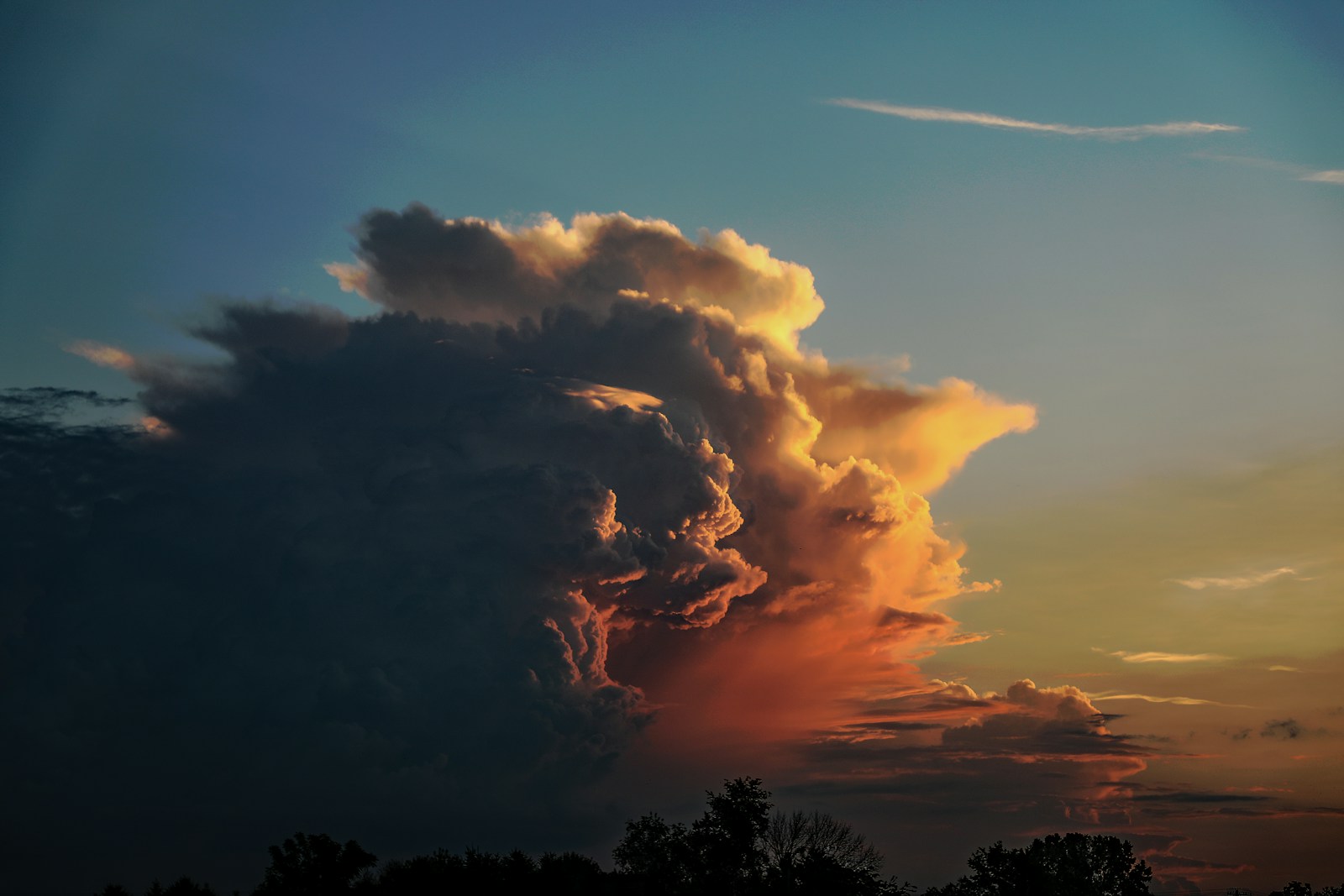
cigüeña

Storm
The given Spanish word 'cigüeña' does not translate to 'storm' in English. Instead, it translates to 'stork', which is a large, long-legged, long-necked wading bird with a long, stout bill. They are known for their size and for the legend that they deliver babies.
Example sentences using: cigüeña
Mi madre dijo que una cigüeña trae a los bebés.

My mother said that a stork brings babies.
This sentence refers to the popular myth that storks deliver babies.
Vi una cigüeña en el parque ayer.

I saw a stork in the park yesterday.
This sentence uses the past tense to describe seeing a stork in the park the previous day.
La cigüeña volaba por el cielo azul.

The stork was flying through the blue sky.
This sentence describes a common sight in many parts of the world, where storks are often seen flying high up in the sky.
La cigüeña es un pájaro muy grande.

The stork is a very big bird.
In this sentence, stork is referred to as a large bird. They are indeed large, long-legged wading birds.
Me gusta ver a las cigüeñas en el lago.

I like to see storks at the lake.
The sentence expresses an individual's preference for seeing storks at the lake.
La sombra de la cigüeña se proyectaba en el agua.

The shadow of the stork was projected on the water.
This sentence describes an image of a stork's shadow on the water.
El nido de la cigüeña está en lo alto de la iglesia.

The stork's nest is on top of the church.
This sentence refers to the location of a stork's nest, which is often found high up on structures such as church steeples.
El pico de la cigüeña es muy largo.

The stork's beak is very long.
In this simple sentence, a specific physical characteristic of the stork, its long beak, is highlighted.
La cigüeña comerá lo que encuentre.

The stork will eat whatever it finds.
The sentence uses future tense to speculate about the stork's eating habit, suggesting that storks aren't very picky eaters.
La cigüeña es conocida por su porte elegante.

The stork is known for its elegant bearing.
This sentence is stating a general perception of the stork's elegance.